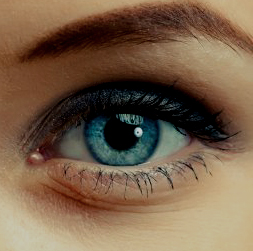
In Washington, D.C. this week, the House Oversight and Reform Committee pledged to introduce legislation in the “very near future” that could regulate facial recognition use by law enforcement agencies in the U.S. As in hearings held last summer, members of Congress exhibited a fairly unified bipartisan position that facial recognition use by the government should be regulated, and in some cases limited. But until this week, the future of sweeping facial recognition regulation seemed uncertain.
Lawmakers seem to be acknowledging the dangers inherent in the current lack of standards for facial recognition use by businesses; governments; and local, state, and federal law enforcement.
One major area of focus is potential violation of the First Amendment right to freedom of assembly, and the idea that facial recognition might be used to identify people at political rallies or track political dissidents at protests.
“It doesn’t matter if it’s a President Trump rally or a Bernie Sanders rally, the idea of American citizens being tracked and cataloged for merely showing their faces in public is deeply troubling,” Jordan said.
“The urgent issue we must tackle is reigning in the government’s unchecked use of this technology when it impairs our freedoms and our liberties. Our late [chair] Elijah Cummings became concerned about government use of facial recognition technology after learning it was used to surveil protests in his district related to Freddie Gray. He saw this as a deeply inappropriate encroachment on the freedom of speech and association, and I couldn’t agree more,” Jordan said.
